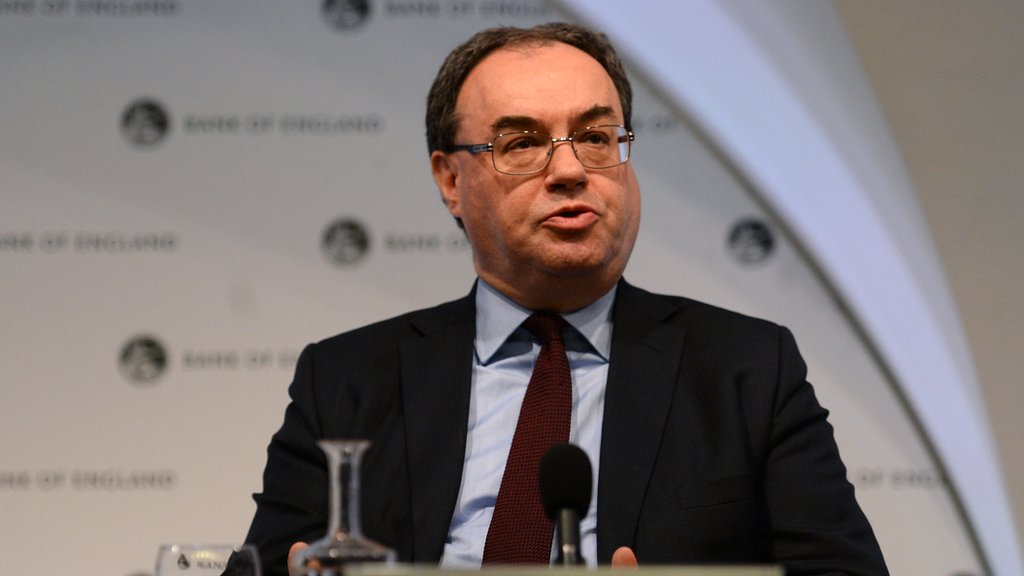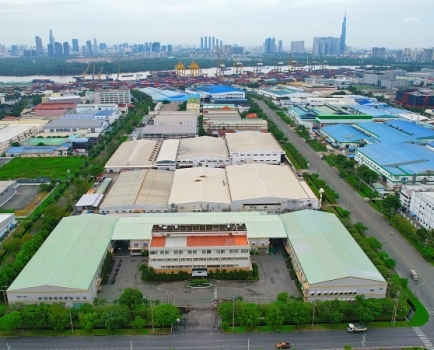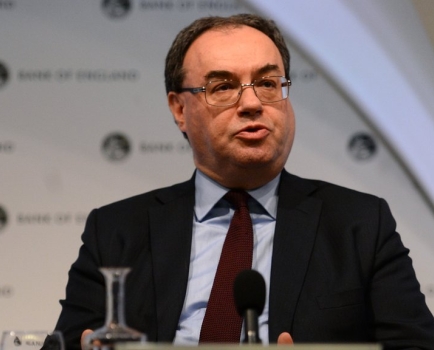Adding to the BoE's uncertainty
Fri, 22 Nov 2024 14:49:00 | Print | Email Share:
The BoE’s uncertainty about issues such as tariffs and the budget should be resolved by the persistence of low inflation.
 BoE Governor Bailey
BoE Governor Bailey
All policymakers around the world are looking to the US and trying to determine whether a second Trump term will have implications that could alter the choices when it comes to domestic policy. On top of this, some are facing a very uncertain domestic backdrop that complicates policy choices even more. Bank of England members laid bare these issues in their testimony to parliament’s Treasury Select Committee earlier in the week. Base rates will be reduced further but predicting the timing and extent of cuts just got a lot harder.
When asked about the possible impact of new US tariffs from an incoming Trump administration, BoE Governor Bailey said that he does not really know. He also said that he does not know for sure how the recent UK budget will impact inflation dynamics. These are two crucial sources of uncertainty for the Bank and hence for financial markets that try to second guess what the Bank will do with base rates.
Bailey’s reticence to give any definitive view on the impact of Trump mark II is largely down to the fact that he does not know what new policies will actually emerge at the end of the day. As he said, it is not possible to conclude that policies proposed by Trump will make it into law, even with a Republican-controlled Congress. But Bailey does know for sure that the budget measures announced by the Chancellor late last month will become law, with most of them introduced from April 1st next year.
And yet, even here, the Governor could not give a definitive answer on whether measures such as the rise in the minimum wage and the rise in employer national insurance rates will lift inflation, or not. The market has already made up its mind it would seem as at least one 25-bps base rate cut seems to have been priced out of the curve since the budget was announced.
Bailey pointed out that higher taxes on employers could see labour cost increases passed on in terms of higher prices to consumers but, equally, the costs could be absorbed by shedding workers and, if enough firms do this, it is more likely to lower inflation than increase it. While it is undoubtedly a difficult call, Steve Barrow, Head of Standard Bank G10 Strategy suspects that the answer lies in just how robust the economy is at the time these changes occur. The more robust the economy the more likely cost increases will be passed on in terms of higher prices and vice versa.
In many senses it is the same thing when it comes to tariffs, for if UK firms find that their US profitability is damaged by the tariffs they could look to claw back ‘losses’ by lifting prices domestically. Again, Steve Barrow suspects that the condition of the economy at the time will be the determining factor. On this score, he thinks that the economy will still be quite fragile and hence he does not see these factors as especially inflationary. He doesn’t doubt that the front-loaded increase in government spending announced in the budget will aid growth. But with much of this spending going into public services, such as the health sector, it does not look as if what economists call the ‘accelerator effect’ will be particularly strong. What do we mean by this accelerator effect? It occurs when firms anticipate stronger growth and bulk up their investment spending, especially if labour is in short supply – as it is right now. Why don’t we think there will be a significant accelerator effect?
Steve Barrow said one reason is, of course the squeeze on firms from the government’s increase in employer national insurance contributions and another, in our view, reflects a longer-term structural problem that investment spending has been just too low, even when the base rate was close to zero. Labour hopes to change this but we think it will take considerable time. So, with the lift to GDP fizzling out, he suspects that the ability of firms to pass on cost increases will be limited and inflation will stay quite becalmed as a result. If that’s correct, the BoE’s uncertainty about issues such as tariffs and the budget should be resolved by the persistence of low inflation and the response should be base rate cuts that take the rate down to 3% next year, or some 1% point below current market pricing.
By: NGOC ANH/ Business Forum Magazine
Source: https://en.diendandoanhnghiep.vn/adding-to-the-boe039-s-uncertainty-n41526.html
---------------------------------------------
Same category News :













